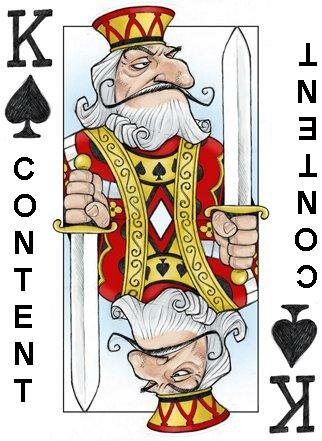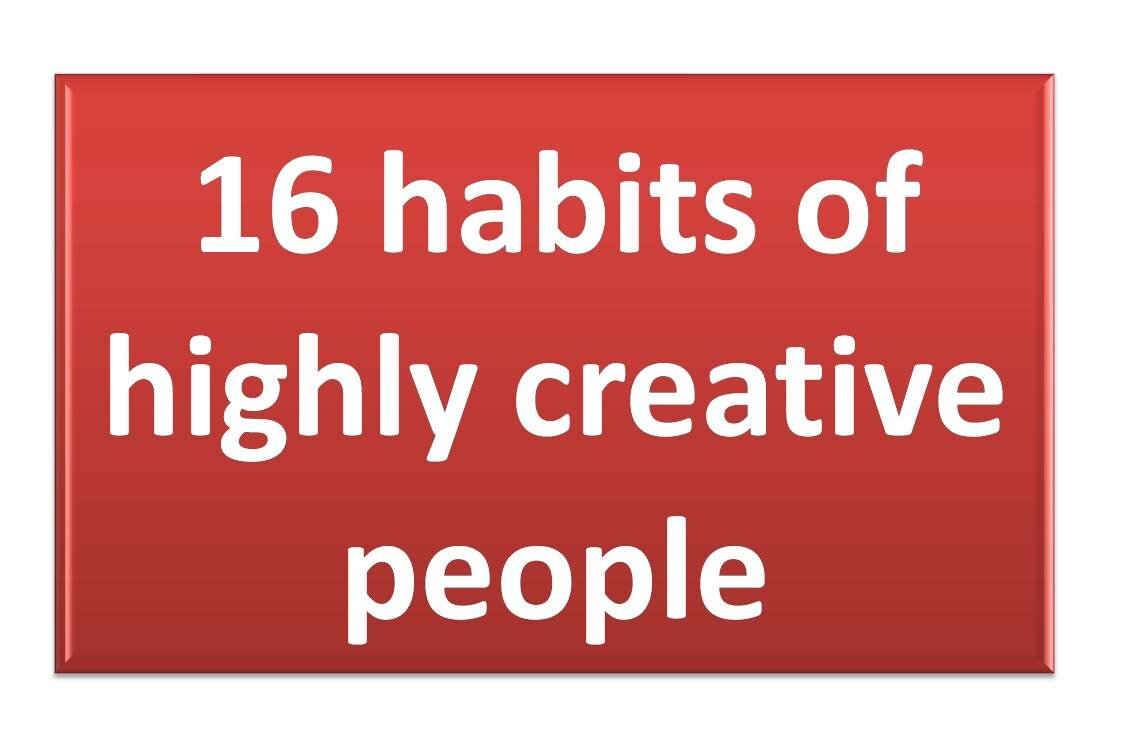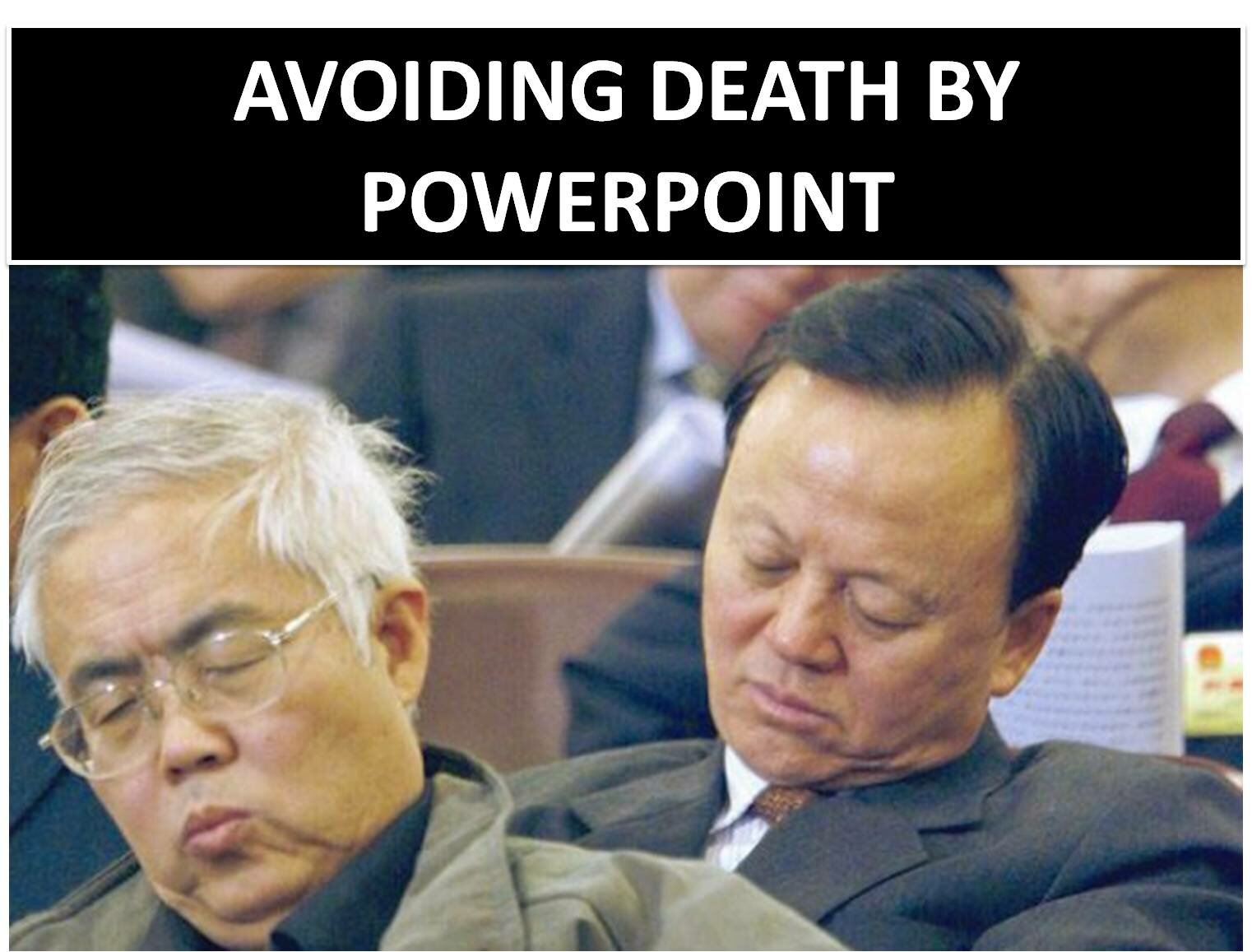Clash Of The Norms
|
|||||||||
KR Ravi | Apr 23, 2009
 Many years ago, when foreign travel was very rare in India, a friend of mine asked me what he could get me from Singapore, the country to which he was traveling. I told him that I really did not want anything at all and would be happy if he were to enjoy his visit. But he insisted that I asked for something, anything at all. Finally I caved in and requested him to get me a wrist watch.
Many years ago, when foreign travel was very rare in India, a friend of mine asked me what he could get me from Singapore, the country to which he was traveling. I told him that I really did not want anything at all and would be happy if he were to enjoy his visit. But he insisted that I asked for something, anything at all. Finally I caved in and requested him to get me a wrist watch.
A week later he returned, dropped by my home and gave me a wrist watch. I was pleased. After we shared some coffee and snacks, he got up to leave but not before asking me to pay him Rs 129.75. Yes Rs 129.75 !
I was taken aback but I paid him .
My neighbor once asked me to drop by at his office to give a talk on “Lateral Thinking” to his colleagues. I did so and enjoyed the tea and snacks that he offered me at the end of my one hour talk. I enjoyed the opportunity to talk on a subject that I am passionate about. A month later he again requested me to give a full day’s talk on the same subject but this time it was the senior management team that would my audience.
I again agreed and at the end of a grueling day my friend again offered me tea and snacks.
I came home furious.
In an experiment, psychologist Ariely divided a group of people into three subgroups. One sub-group was offered five dollars to participate in a task, another was offered fifty cents for identical tasks and the last was requested to do it for free. To the surprise of Ariely those who received 5 dollars completed 159 tasks, those who received 50 cents did 101 tasks, and those who did it free of charge performed 168 tasks !
What was happening in these cases ?
Let’s take the watch incident.
I was emotionally forced to request that my friend get me a watch. This, as far as I was concerned, was a ‘social’ transaction – I thought he was giving me a gift. Thus when he asked me to pay Rs.129.75, the exact amount it cost him, I realised that as far as he was concerned it was a ‘market’ transaction,
In the second instance I did the one hour talk as a social transaction. My friend also treated it as such, offering me tea and snacks. But the one day programme was to me a market transaction, after all I was a professional trainer and this was my only means of earning money. But he treated it as a social transaction .
In the experiment referred to, those who did it free of charge, (social norms) did it with more enthusiasm than those who were paid (market norms) .
Now look at another instance .
In our judiciary, there is a provision for free legal aid to be provided to these who cannot afford to hire a lawyer. I am told that some lawyers who are pressurized to take up such cases do so half-heartedly and in the process the poor litigant does not always get justice. Why? The lawyer – there are honorable exceptions – expect market norms to apply but the situation calls for social norms.
It seems that wherever the parties to a transaction are in actual or tacit agreement about the norms to be applied, there is no tension. But where the norms clash there is likelihood of a misunderstanding, to say the least.
There are instances where lawyers who are offered a small sum to take up a case show a reluctance to do so. But when they are asked to do so free of charge, out of compassion say, for a poor battered woman, they have done so enthusiastically. Apparently when money is offered, it brings market norms into play and if the money offered is small then the lawyer feels offended .
The case of gifts is interesting. Ariely writes that small gifts are treated by the recipient as part of social norms, hence the popularity of ‘honorarium’ in India . Psychologists say that even thinking about money can make a person apply market norms. This probably happened in the case of my traveling friend. Perhaps he was talking about money with his wife as he dressed up to visit me!
In business and even in government many people work for social and not necessarily market norms. The best motivators for many employees are often social norms.
Money cannot extract loyalty and creativity from an employee.
Doubt it ? Ask the poor parents of a soldier who died in the Kargil war.
When television journalists visited them at their hut somewhere in North India, the aged father, now with no able bodied person in the family told them, “I wish I had many more sons. I would have asked all of them to die for India.”
Filed Under: Miscellaneous
|
|||||||||



















Yes I agree. Money does not change the situation or the person’s feeling about the situation. I am aware of this fact previously when working with other people. They would want to leave the company because they are unhappy with their environment and/or type of work. The company offers them more money to stay or even lie (maybe unintentionally) about changing their situation. The person accepts but then after say 3 months (or however long it takes) realise nothing has changed, and they either stay unhappy or try to leave again.